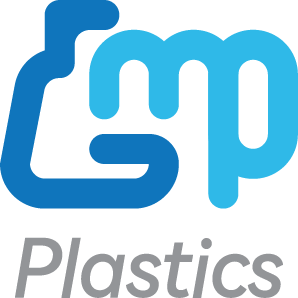For decades, plastic manufacturing relied on a variety of additives to achieve the desired flexibility, durability, and performance characteristics. One of the lesser-known components of plastic production is the use of animal fats as plasticizers. These naturally derived compounds played a crucial role in softening plastics, making them more pliable and easier to work with. However, as scientific knowledge advanced and concerns over contamination, ethical sourcing, and sustainability grew, manufacturers moved toward synthetic and plant-based alternatives.
Animal Fats as Plasticizers
Animal fats, particularly those derived from tallow (rendered fat from cattle and sheep), are commonly used in plastic manufacturing. These fats served as effective plasticizers, helping to reduce brittleness and improve the flexibility of plastic materials. In laboratory plastics, these additives were used in items such as tubing, containers, and flexible films.
The fatty acids in tallow, such as stearic acid and oleic acid, interacted with polymer chains to create a more pliable material. The use of animal-derived plasticizers was particularly common in polyvinyl chloride (PVC) plastics, which otherwise tended to be too rigid for practical use. By incorporating animal fats, manufacturers could produce plastics with enhanced workability and longer lifespans.
Why Animal Fats Were Phased Out
While effective, the use of animal fat-based plasticizers presented several challenges:
-
Contamination Concerns: In scientific and medical research, the risk of contamination from biological sources (including BSE/TSE contamination) made animal-derived additives less desirable for lab applications.
-
Sustainability Issues: The push for more sustainable and eco-friendly manufacturing processes encouraged a shift away from animal-based raw materials.
Modern Alternatives to Animal Fat Plasticizers
Today, laboratory plastics are manufactured using more stable, ethically sourced, and sustainable plasticizers. Some of the most common replacements include:
Phthalate-Based Plasticizers
Phthalates, such as dioctyl phthalate (DOP) and diisononyl phthalate (DINP), became widely used as synthetic plasticizers. These chemicals effectively improve plastic flexibility and durability but have faced scrutiny over potential health concerns, leading to regulatory restrictions in some applications.
Bio-Based Plasticizers
The growing demand for sustainable materials has led to the development of plant-derived plasticizers. Vegetable oils, such as soybean and castor oil derivatives, provide effective alternatives without the risks associated with animal fats. Epoxidized soybean oil (ESO) is one commonly used bio-based plasticizer that offers excellent performance and safety.
Non-Phthalate Synthetic Plasticizers
Safer, non-phthalate plasticizers such as dioctyl terephthalate (DOTP) and citrate-based compounds are now favored in many industries. These alternatives maintain flexibility without the potential health risks linked to traditional phthalates.

